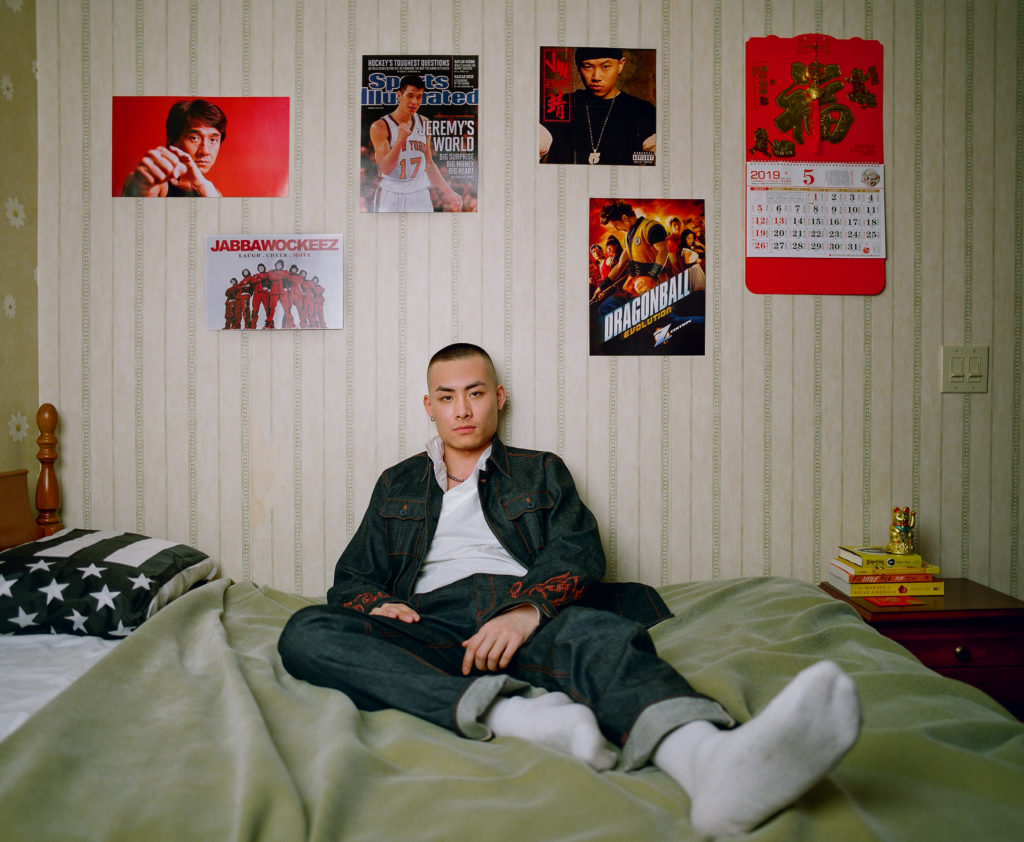What does it mean to be an Asian male in America? The experience is nuanced.
The All-American is a two-part photo series by Andrew Kung. The A-side delves into physical spaces where Asian American men have felt invisible, venturing into classrooms, businesses, and bedrooms. The B-side celebrates beauty, intimacy and tenderness. Kung’s goal is not only to expand on depictions of Asian masculinity, but also to challenge assumptions and educate viewers on the nuanced experiences that many Asian Americans live.
Below, FAR–NEAR interviews Andrew about his thoughts behind the series.
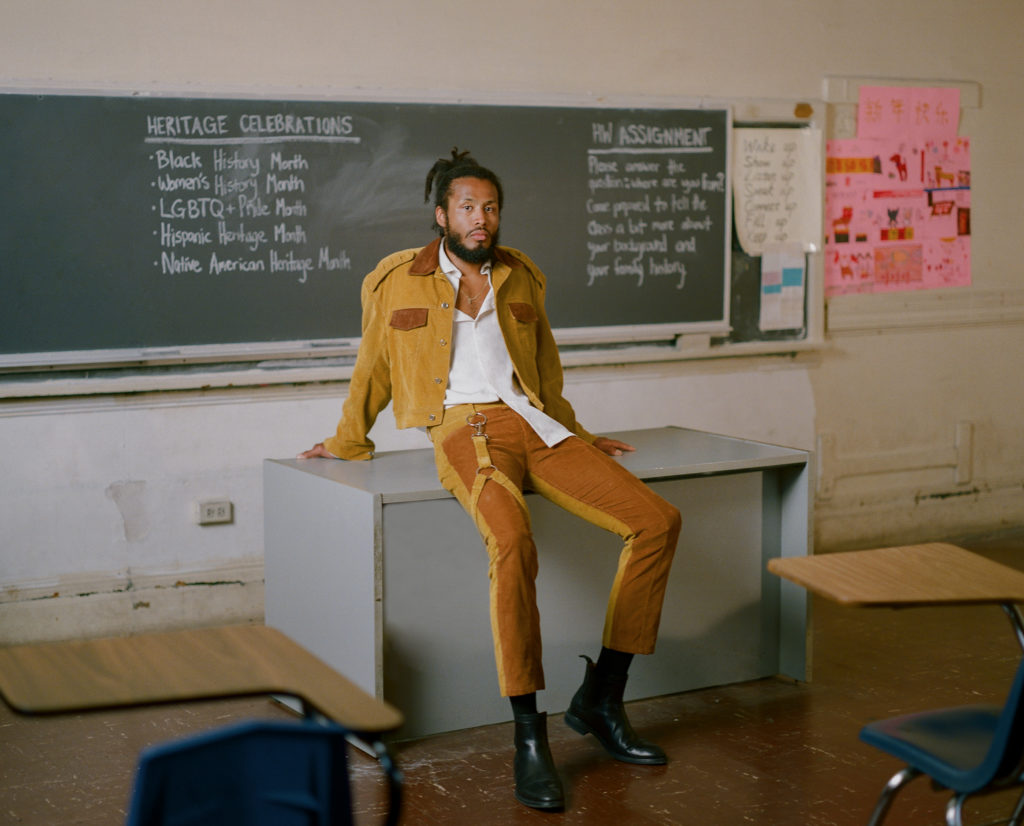
FAR–NEAR What pushed you to create this photo series?
Andrew Kung Growing up, I was never forced to think critically about my Asian American identity. In San Francisco and at my time at UC Berkeley, I was surrounded by a large Asian American community — to the point where it felt normal to have this sort of kinship. It wasn’t until I photographed a small Chinese population in the Mississippi Delta that I started to fully understand the severity and magnitude of the discrimination and the micro aggressions that other Asian Americans experienced, both as teens and adults.
In this photo book, I wanted to explore and comment on the physical spaces in which we’ve felt invisible and also celebrate and showcase the tender and intimate beauty of everyday Asian American men.
Most of the models were friends whose experiences I was already familiar with. I gave them the overall project scope and the vision I had for the set I built for them. I saw it as a very collaborative process and incorporated ideas that they had for each scene. More often than not, these scenes and experiences resonated with all of us.
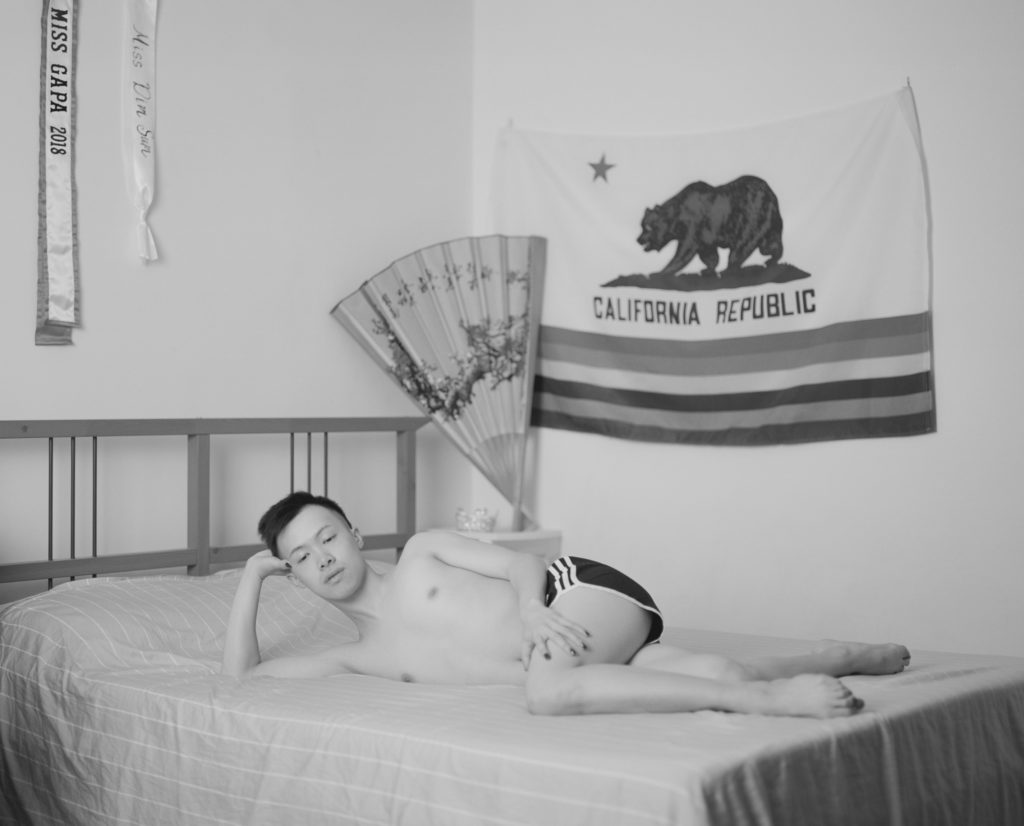
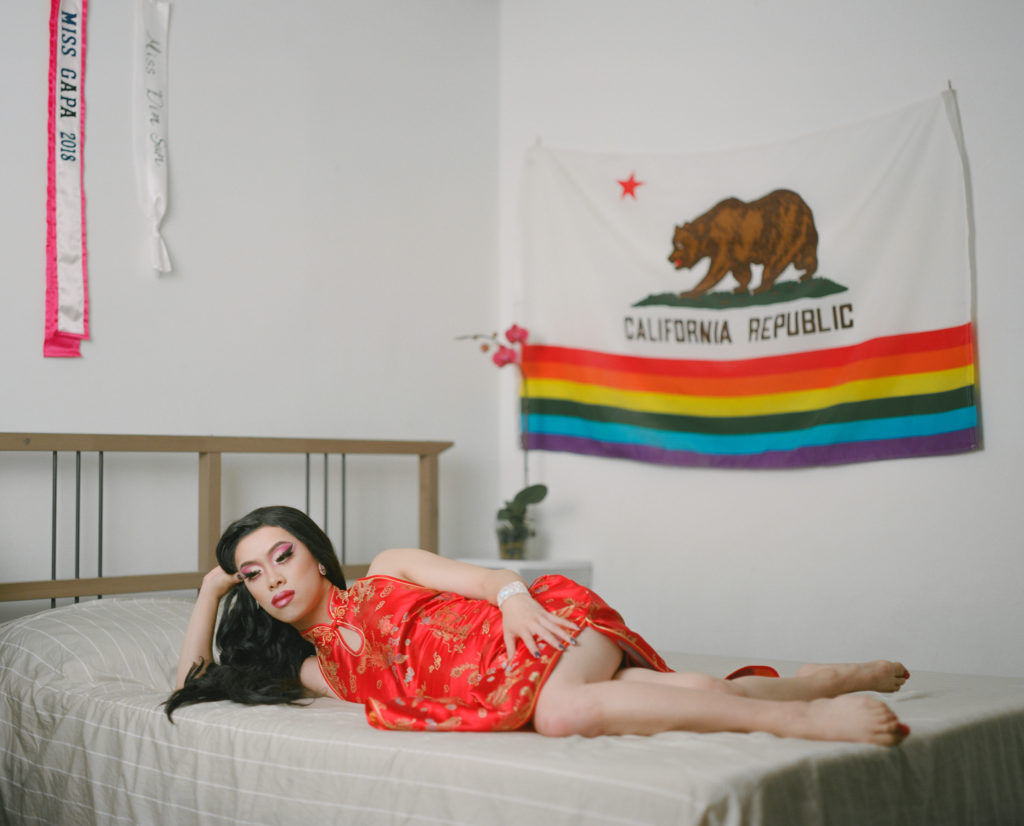
FAR–NEAR Which of these depictions come from experience?
Andrew All of the depictions came from personal experience, though some creative freedom was taken in expressing the magnitude of micro aggressions I’ve faced. The traumatic personal experiences elaborated in the stories of friends and novels served as another avenue of inspiration.
From the “lunch box moments” — where we’ve been shamed for the food we eat — to the absence of Asian Pacific American Heritage Month in school, to being called “Oriental” and “Jackie Chan,” and facing a “bamboo ceiling” in the corporate world because of our race, Asian American men like myself have always faced a complex ecosystem of obstacles to ever feeling “American.”
FAR–NEAR What was it like working in Silicon Valley as an Asian American male?
Andrew In corporate America — including Silicon Valley — there’s a lack of Asian American leadership. When I worked at LinkedIn, I saw less than a handful of Asian leaders in a company of 10,000 employees; this reaffirmed the “bamboo ceiling” I’ve always implicitly felt since I started working. As a result, I felt like I often needed to take up more space in meetings and in my interactions with my colleagues (predominantly white men) — raising and inflecting my voice in a way that made me sound more credible and confident. It was my inauthentic attempt to be more vocal and appear as a capable leader. Because we’re seen as a purely heads-down-and-work type of employee that wouldn’t speak out against any injustice, we’re often overlooked based on our perceived inability to be “leaders.”
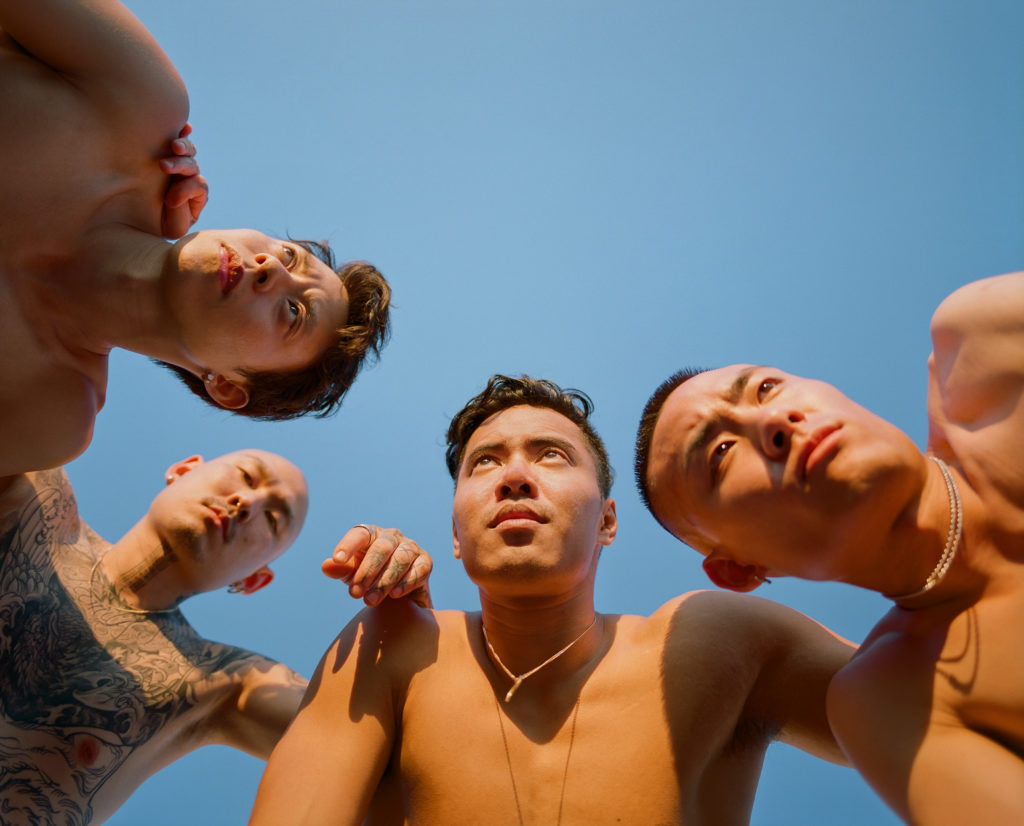
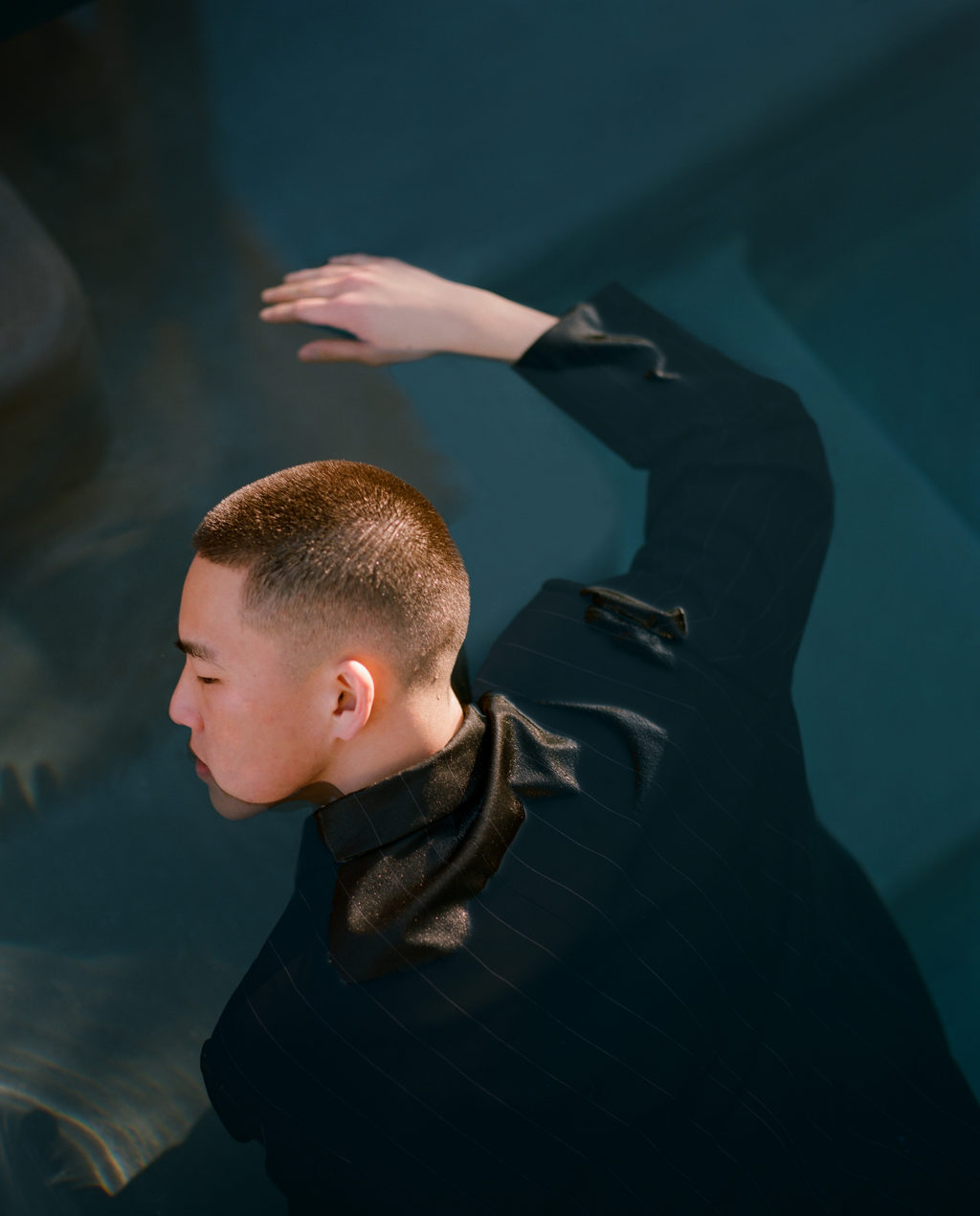
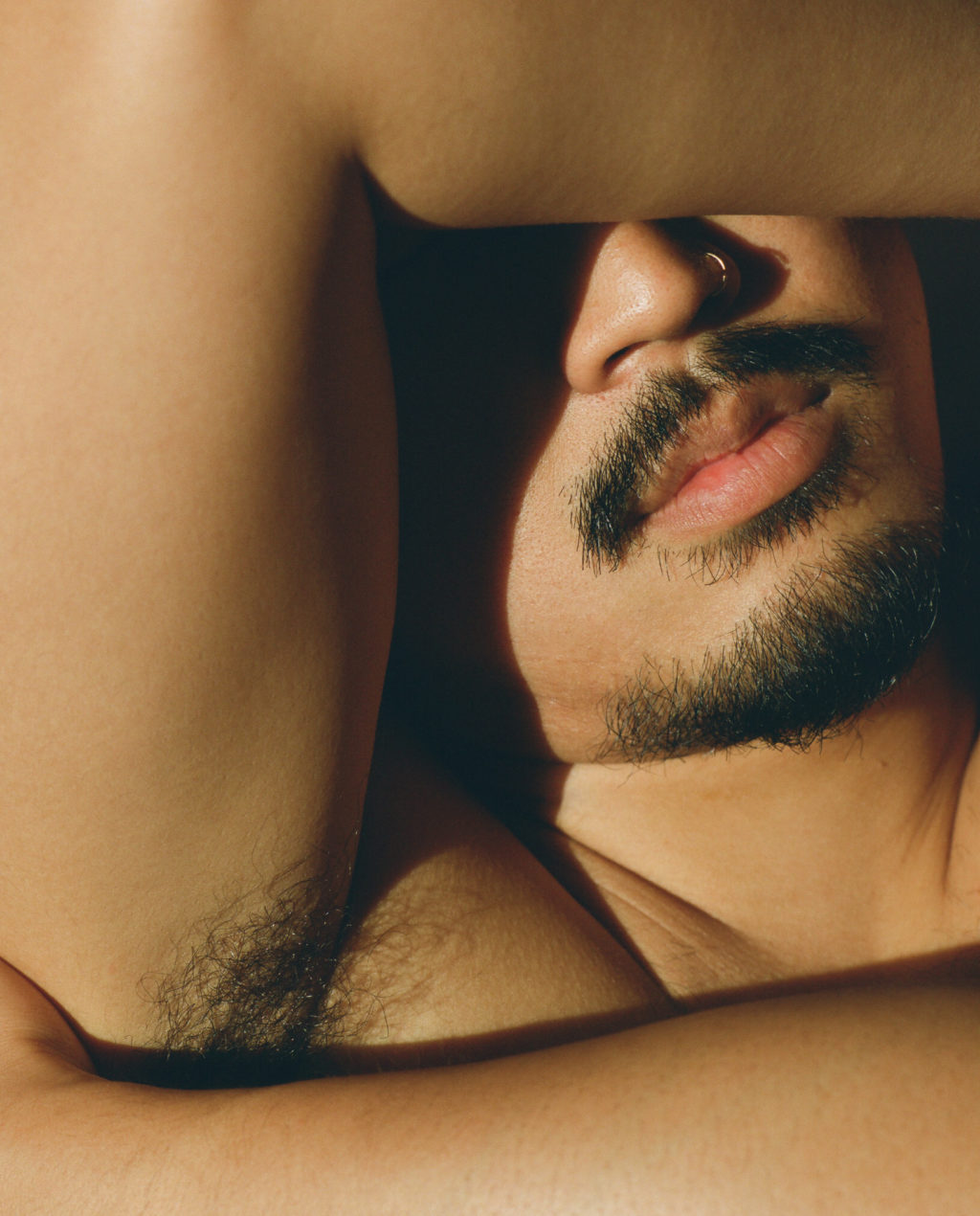
FAR-NEAR What do you wish to see in media?
Andrew I wish to see more nuanced representation of Asian American stories in media — experiences that span across all Asian ethnicities, across all geographies, sexualities, etc. Films like “Crazy Rich Asians” — although not the most representative — paved the way for films like “The Farewell” and “Blinded by the Light,” where filmmakers were able to be more specific and more representative of the stories that exist in our community.
I hope that we get to a point where every Asian kid growing up — no matter what demographic they come from — can look up at the TV, movies, news, fashion magazines, etc. and have a hero to look up to.
FAR–NEAR How do you think we can push each other and others to be more open and welcoming to all spectrums of femininity and masculinity?
Andrew We have to have more conversations with friends and people across all communities to build empathy and understand some of the more nuanced experiences that others experience. These conversations may be out of your comfort zone, but it’s necessary to push your understanding and self awareness beyond your own world. This could mean going to different events, consuming more content (books, shows, articles, interviews, etc.) outside of what you typically consume, and ultimately being more curious and asking questions to other folks in other communities. The more exposure we have, the more empathy we develop.
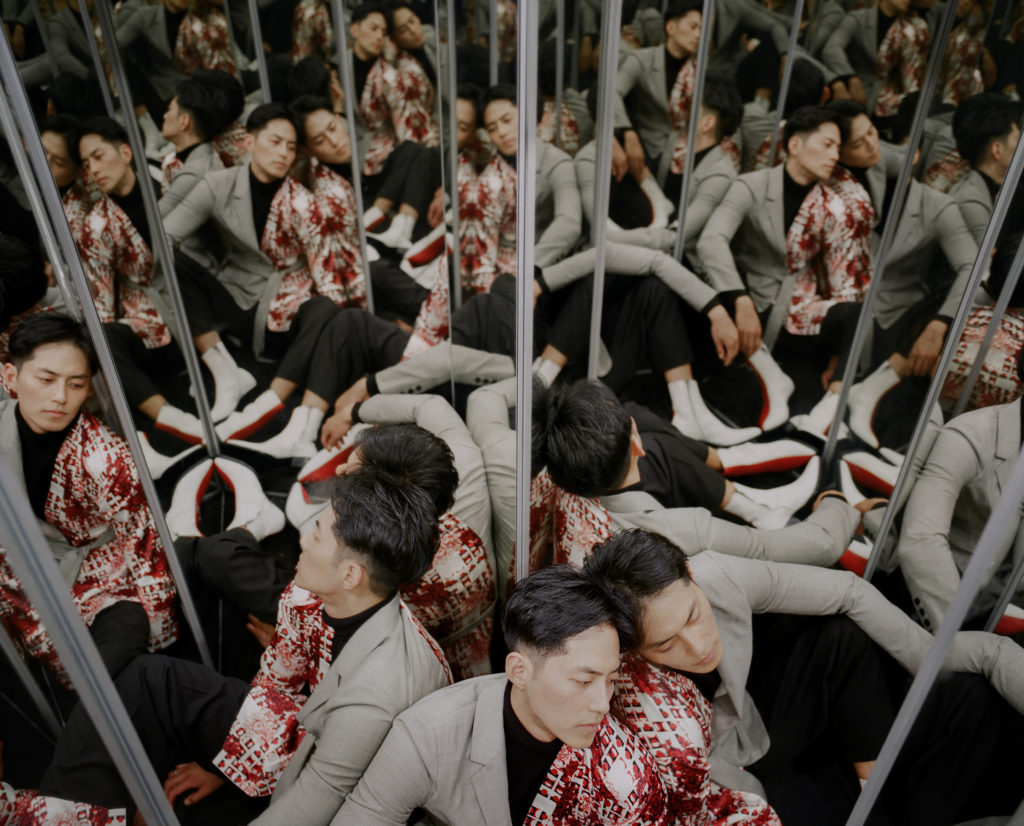
Andrew Kung
Carolyn Son
